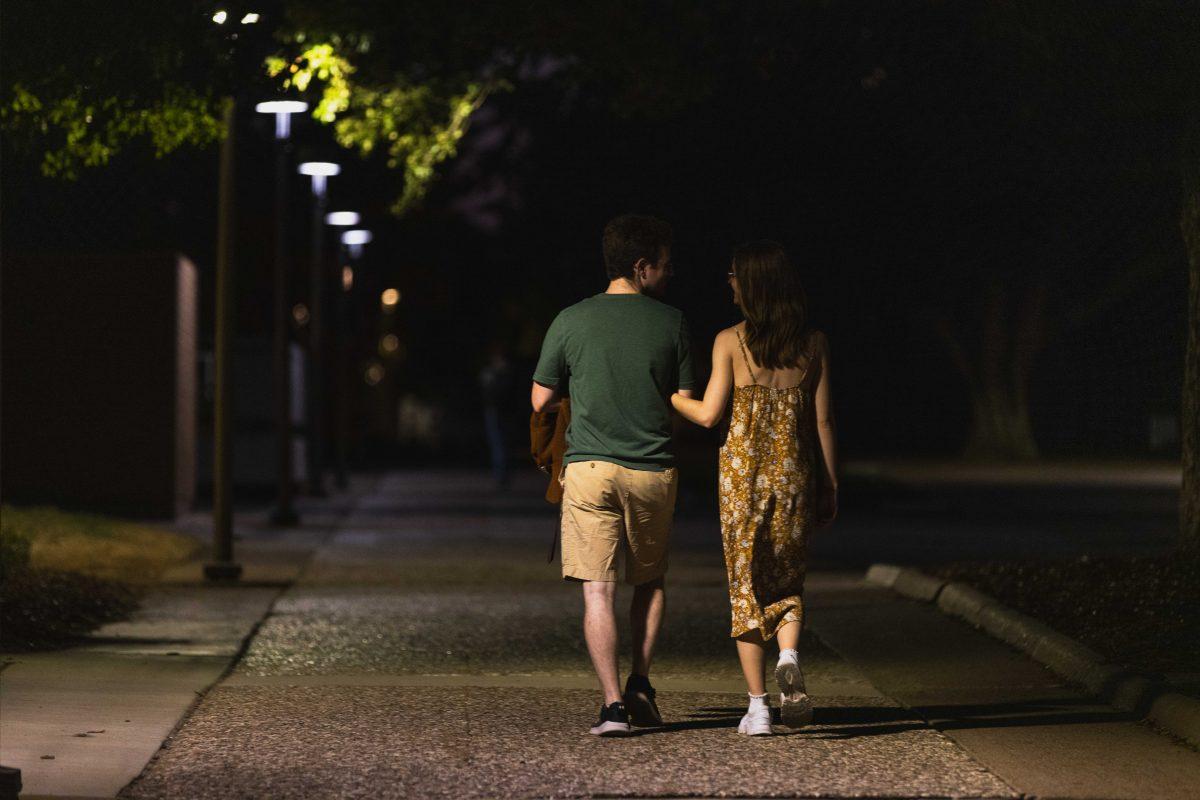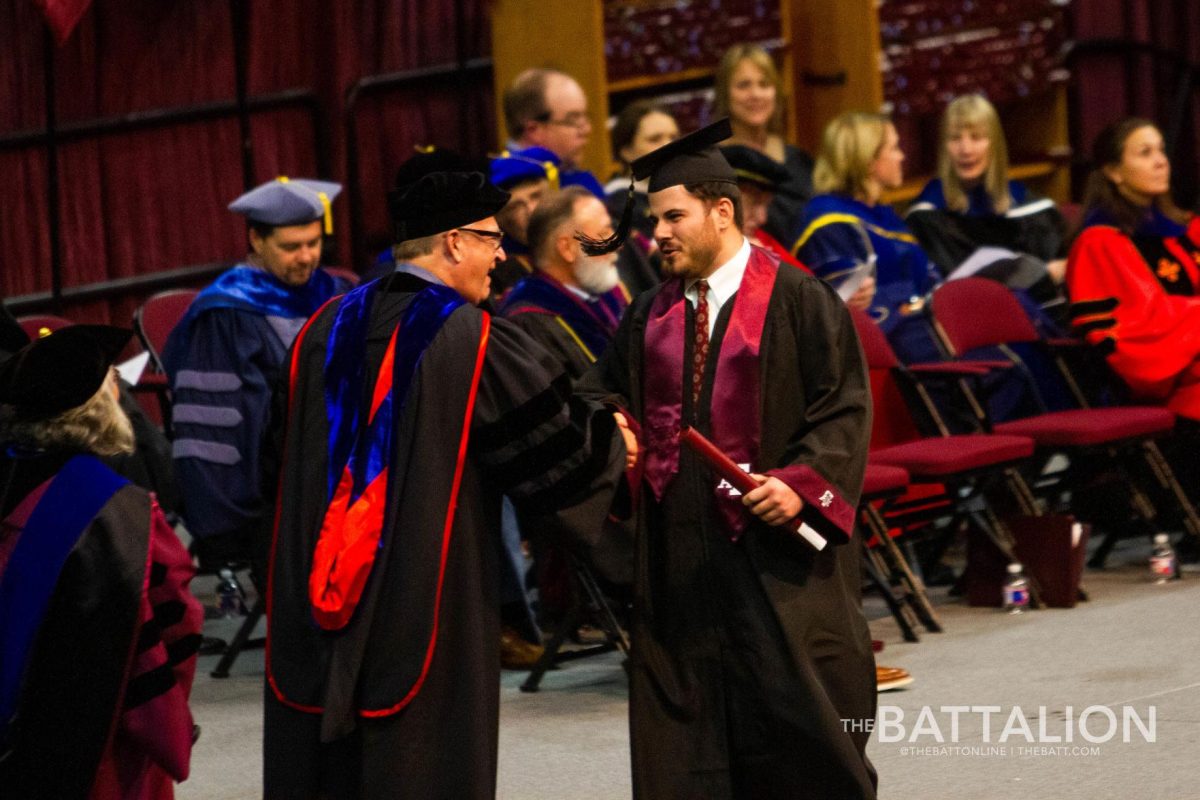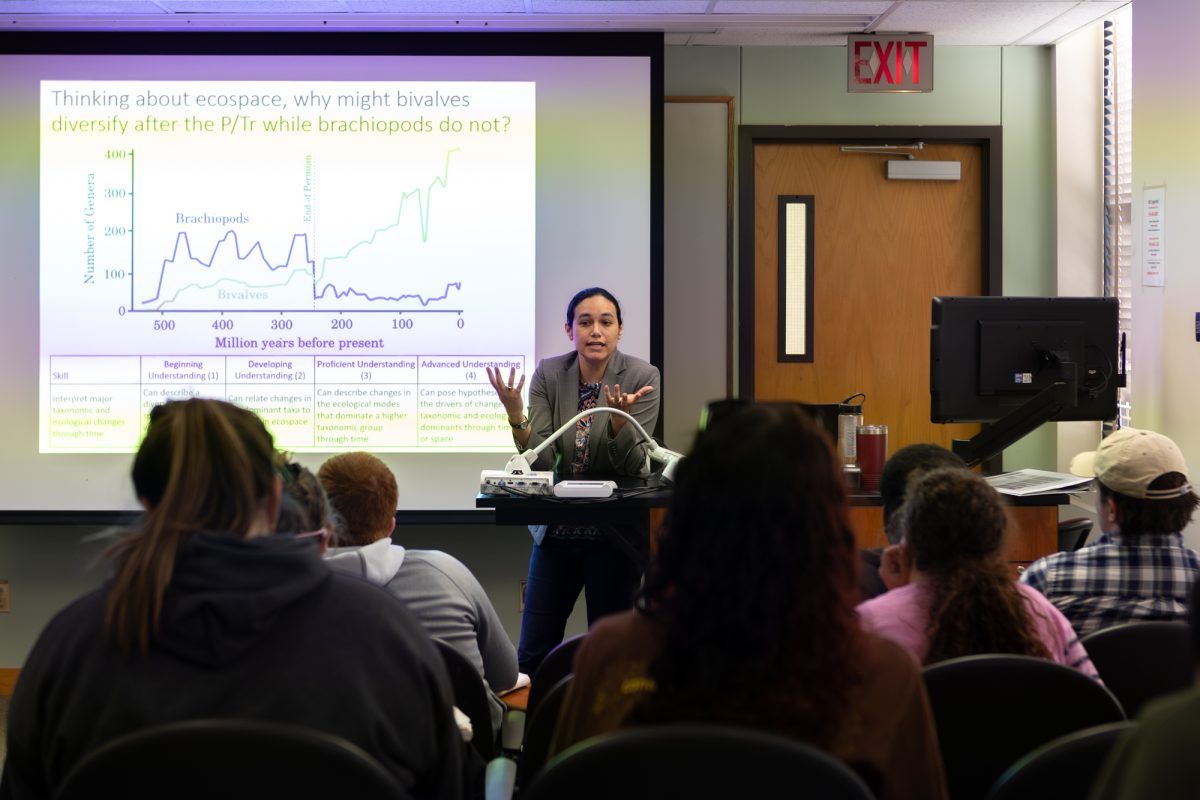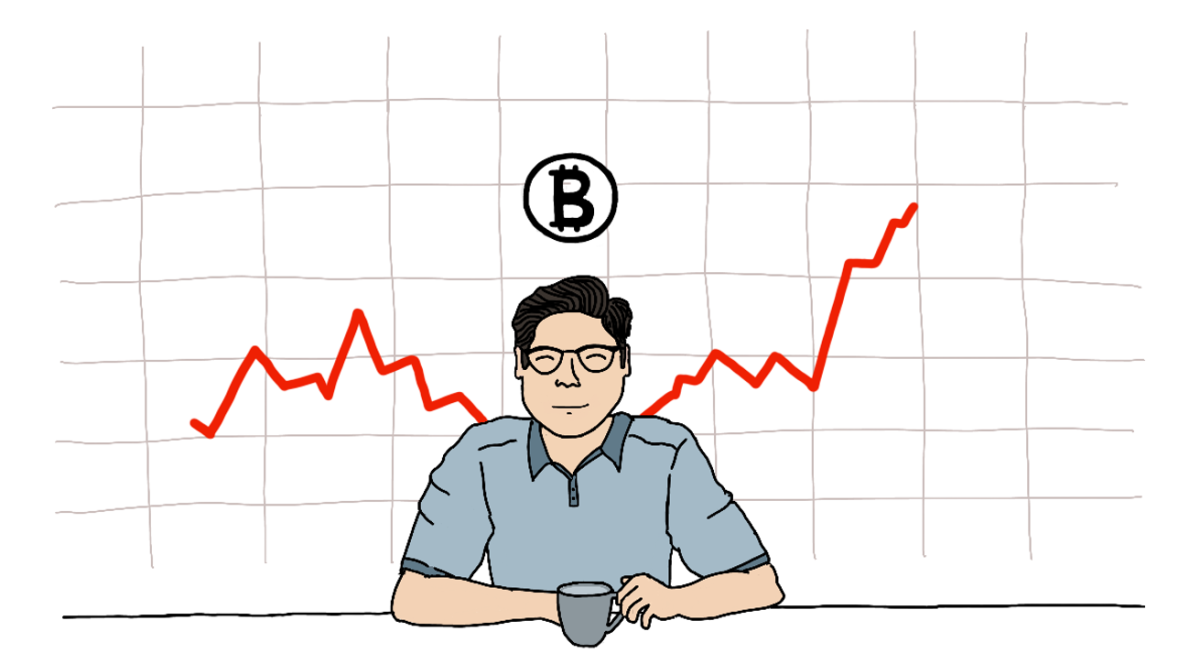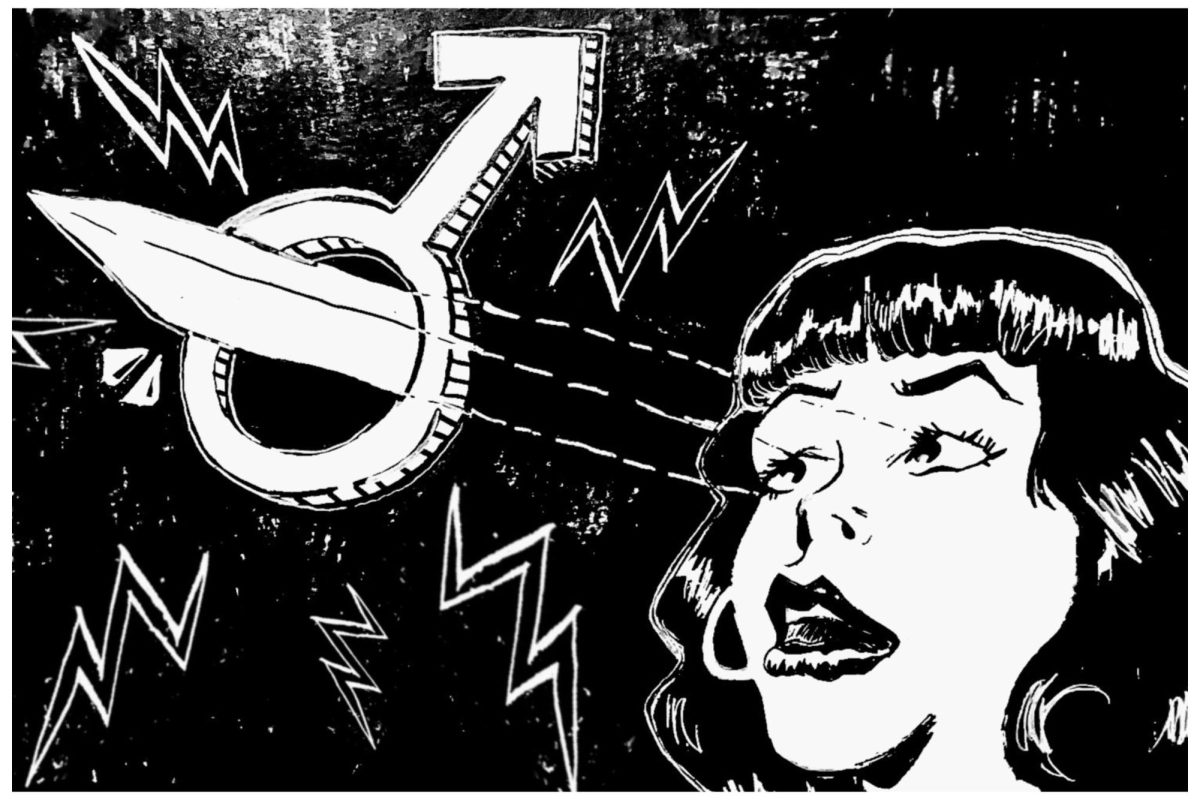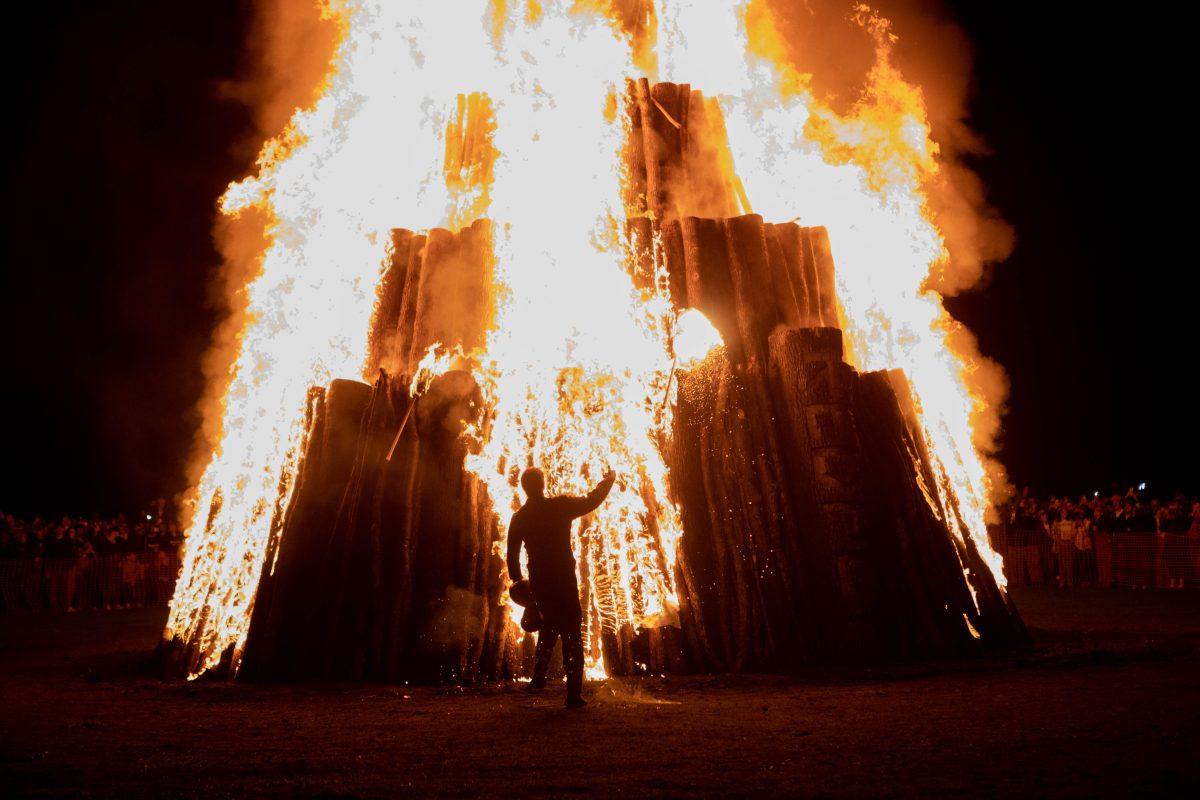Ever since the eighth grade I’ve been cuffed.
Being raised in a Hispanic household with deep Catholic values, it’s not hard to imagine public displays of affection, or PDA, would be a source of great conflict between my parents and I.
Simply put, PDA are acts of intimacy that others can see. This can range from hand-holding and kissing to posts on social media that depict intimate moments between partners. So, why the heck would my parents scold me like I was a prostitute for simply hugging my boyfriend goodbye?
Now I realize, it all came down to respect.
Firstly, our parents and adult figures are of an entirely different culture.
The go-to phrase thrown at me whenever they grew tired of my stubborn insistence that I was right was always, “You’ll understand when you’re older,” leaving me feeling both belittled and confused all at once. To me, “older” seemed to refer to some ambiguous right of passage, obfuscated by various hardships and select pieces of knowledge that my parents would frequently allude to but never actually explain.
When my parents would talk about being “older,” what they really meant was “like me.” To be older was to be like my parents — to understand them. “Older” refers to an entirely different set of beliefs and behaviors, a culture.
With this in mind, I came to understand that I had to think about my actions relative to my parents’ culture. My dad wasn’t allowed in my mom’s house until the night before their wedding, and they still had to sleep in separate rooms. Even when I spent months trying to find a way to point out hypocrisy in my parents, they never showed any physical affection around my sister and me. How dare they deny me my righteous indignation.
Defeated, I began to connect this to the myriad of conversations where my mother reprimanded me for assaulting them via sight: “It’s disrespectful,”“You shouldn’t do that in front of your parents”and, of course, “We don’t want to see that.”
While I saw cuddling with my boyfriend in the living room as wholly unproblematic, I had to understand that when my mother was my age, she was grounded just for being driven home by my dad without adult supervision. Even after they were married, my dad was given an extremely stern lecture when he tickled my mom in front of my grandpa.
Though holding hands was innocent to me, it was seen as intimateand even inappropriate to my parents. It’s why displaying such affection in front of them was considered disrespectful, and it also explains why the adults outside of my home would experience the same discomfort as my parents when witnessing such acts. It was that they were all older, and therefore of the same culturethat considered this scandalous. At least, broadly speaking.
Secondly, the culture of “older” is not just limited to physically older people.
It’s only natural that when raised with certain values and beliefs, we apply some of those to our own lives. I can think of no better example than myself and the Christian organization I joined. My mother’s aversion to horror films and rap stems deeply from her religious values, and any association with them is considered akin to worshiping the devil. Personally, I think it’s a bunch of nonsense and watch horror movies more often than I go to church (sorry, Mom), but plenty of my friends from the organization echo the sentiments of my mother.
The same parallels can be drawn with PDA. While some people could pass a fully naked person without even batting an eye, others get uncomfortable at the sight of someone simply holding hands with someone else. It all depends on how you were raised.
Lastly, PDA is definitely determined, to an extent, by its context.
For instance, popular pictures of classy dames giving goodbye kisses to soldiers being shipped off to World War II demonstrate how PDA could be acceptable in certain situations. Likewise, a couple of lovebirds holding hands as they walk across campus is not nearly as obscene as two high schoolers in the hallway intently staring into each other’s souls not even two feet away from me. C’mon guys, I’m just trying to get to class.
All in all, we just have to be mindful of respecting where we are and who we’re around.
If your boyfriend walks you to class like the absolute gentleman he is, it’s totally OK to want to give him a quick hug and kiss goodbye. Just be aware of why those around you may not be comfortable with or receptive to the public display of affection.
All things considered, at the end of the day, it’s simpler for all parties involved to just save us all some self-loathing and take it outside.
Isabella Garcia is an economics sophomore and opinion writer for The Battalion

















